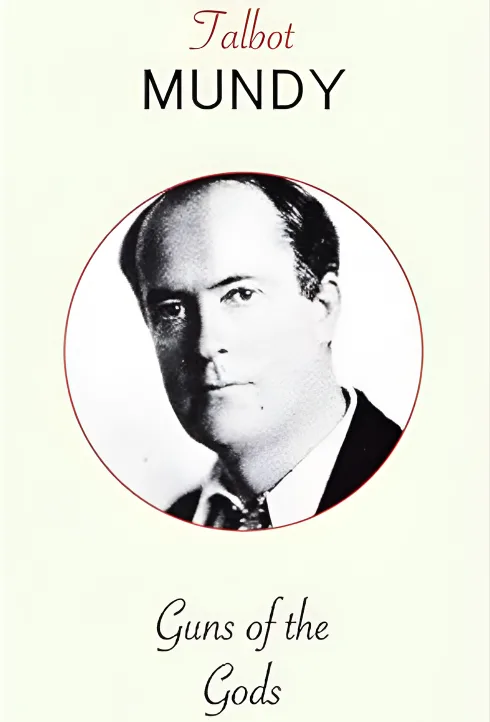Chapter 25
L’envoi
Down rings the curtain on a tale of love and mystery,
Clash of guile and anger and the consequence it bore;
The adventurers and kings
Disappear into the wings.
The puppet play is over and the pieces go in store.
Back, get ye back again to shop and ship and factory,
Mine and mill and foundry where the iron yokes are made;
Ye have trod a distant track
With a queen on camel-back,
Now hie and hew a broadway for your emperors of trade!
Go, get ye gone again to streets of strife reechoing -
Clangor of the crossings where the tides of trouble meet;
For a while on fancy’s wing
Ye have heard the nautch-girls sing,
But a Great White Way awaits you where the Klax-on-horns repeat.
Back, bend the back again to commonplace and drudgery,
Beat the shares of vision into swords of dull routine,
Take the trolley and the train
To suburban hives again,
For ye wake in little runnels where the floods of thought have been.
Speed, noise, efficiency! Have flights of fancy rested you?
A while we set time’s finger back, and was the labor vain?
If so we whiled your leisure
And the puppets gave you pleasure,
Then say the word, good people, and we’ll set the stage again.
And that is the whole story
Smoking a cigarette lazily on Utirupa’s palace roof, Yasmini reached
for Tess’s hand.
"Come nearer. See—take this. It is the value, and more, of the percentage
of the silver that your husband would not take."
She clasped a diamond necklace around Tess’s neck, and watched
it gleam and sparkle in the refracted sunlight.
"Don’t you love it? Aren’t they perfect? And now—you’ve a great big
draft of money, so I suppose you’re both off to America, and good-by
to me forever?"
"For a long time."
"But why such a long time? You must come again soon. Come next year.
You and I love each other. You teach me things I did not know, and
you never irritate me. I love you. You must come back next year!"
Tess shook her head.
"But why?"
"They say the climate isn’t good for them until they’re eighteen at least—
some say twenty."
"Oh! Oh, I envy you! What will you call him? It will be a boy—it is sure
to be a boy!"
"Richard will be one name, after my husband."
"And the other? You must name him after me in some way. You can
not call a boy Yasmini. Would Utirupa sound too strange in America?"
"Rupert would sound better."
"Good! He shall be Rupert, and I will send a gift to him!"
(That accounts for the initials R. R. B. on a certain young man’s trunk
at Yale, and for the imported pedigree horse he rides during vacation—
the third one, by the way, of a succession he has received from India.)
And that is the whole story, as Yasmini told it to me in the wonderful
old palace at Buhl, years afterward, when Utirupa was dead, and the
English Government had sent her into forced seclusion for a while—to
repent of her manifold political sins, as they thought—and to start new
enterprises as it happened. She had not seen Theresa Blaine again,
she told me, although they always corresponded; and she assured
me over and over again, calling the painted figures of the old gods
on the walls to witness, that but for Theresa Blaine’s companionship
and affection at the right moment, she would never have had the courage
to do what she did, even though the guns of the gods were there
to help her.
The End
